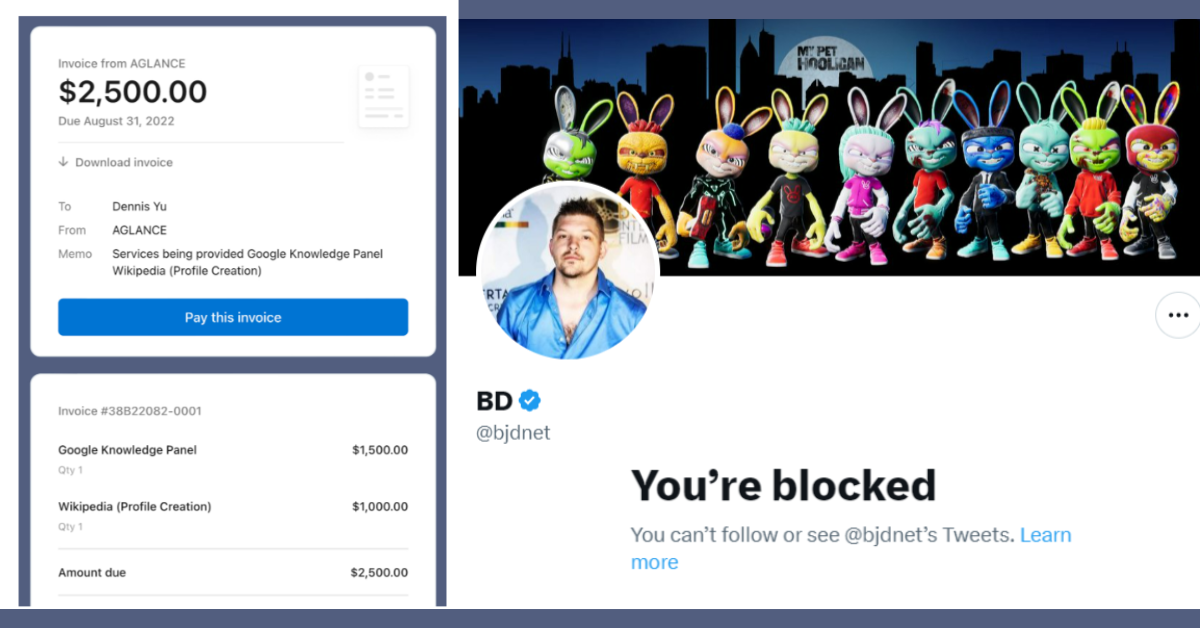
In 2022, Dennis Yu paid Brandon DeBoer, the founder of At A Glance Media, $2,500 for influencer marketing and lead generation services, specifically related to building a Google Knowledge Panel and a Wikipedia page.
Despite multiple follow-ups and written promises to either deliver or issue a refund, nothing materialized.
Over time, dozens of people reached out to us reporting nearly identical experiences. Many said they wished they had seen this article before wiring Brandon money.
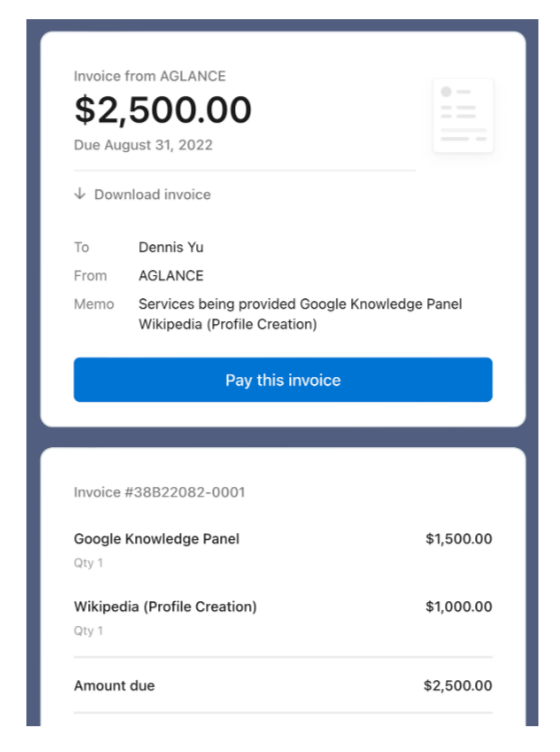
The pattern begins: empty promises and silence
The day the payment was sent, Dennis emailed Brandon DeBoer to confirm support.
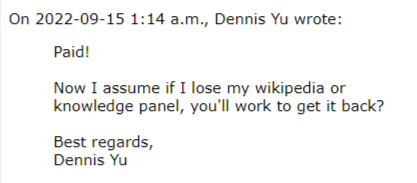
Brandon replied: “Yes absolutely. We will make sure everything stays intact for you.”
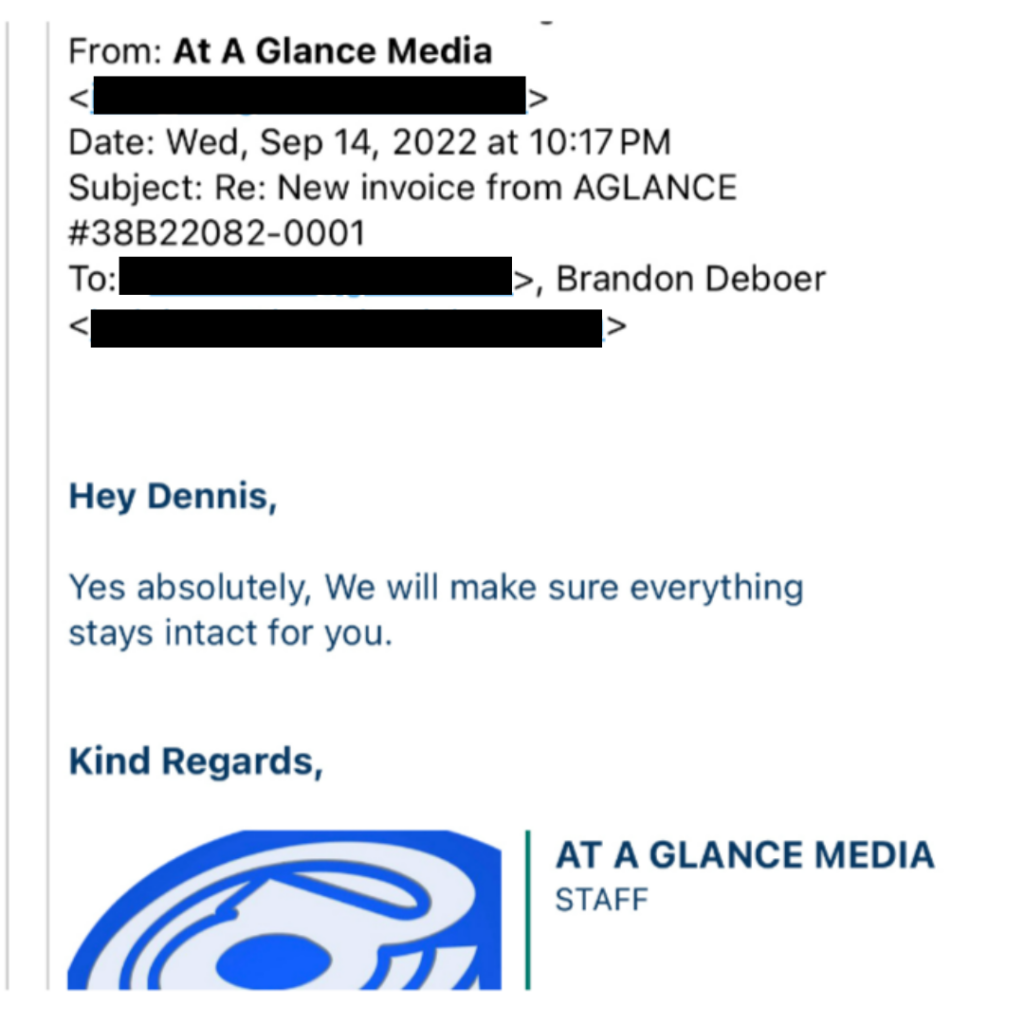
That reassurance was followed by silence. One week passed. Dennis wrote again: “Yo Brandon, no rush. How are things coming along?”
Brandon DeBoer eventually responded with vague updates like: “Sorry for the delayed response” and “I’ll check in with the team.”

Dennis continued following up: “Any update?” “Hello?” “Any luck?” Sometimes receiving short replies, sometimes nothing at all.
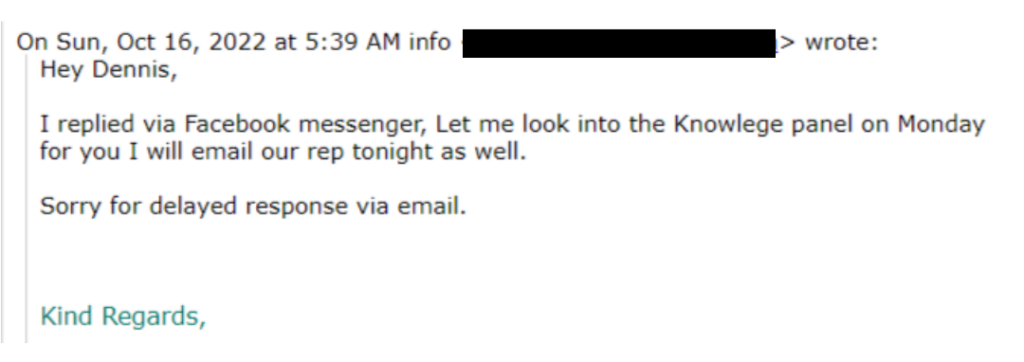
On November 14, Dennis finally said: “Maybe time for a refund?”
Brandon’s response attempted to deflect, claiming email issues, despite using the very email in his own signature. It became increasingly difficult to reach him.
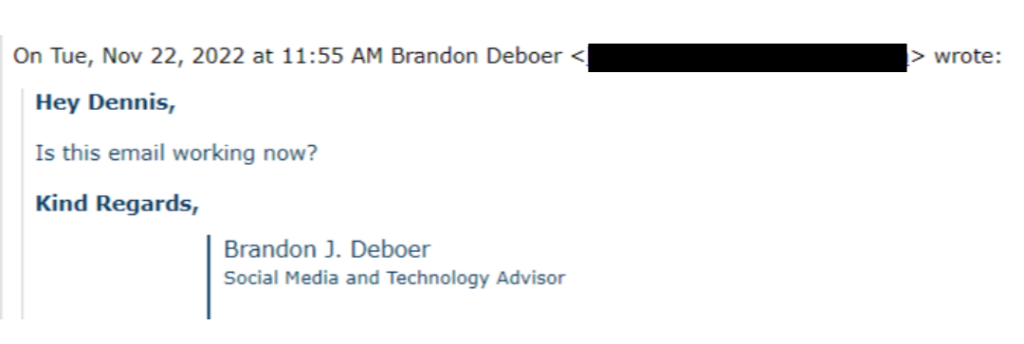
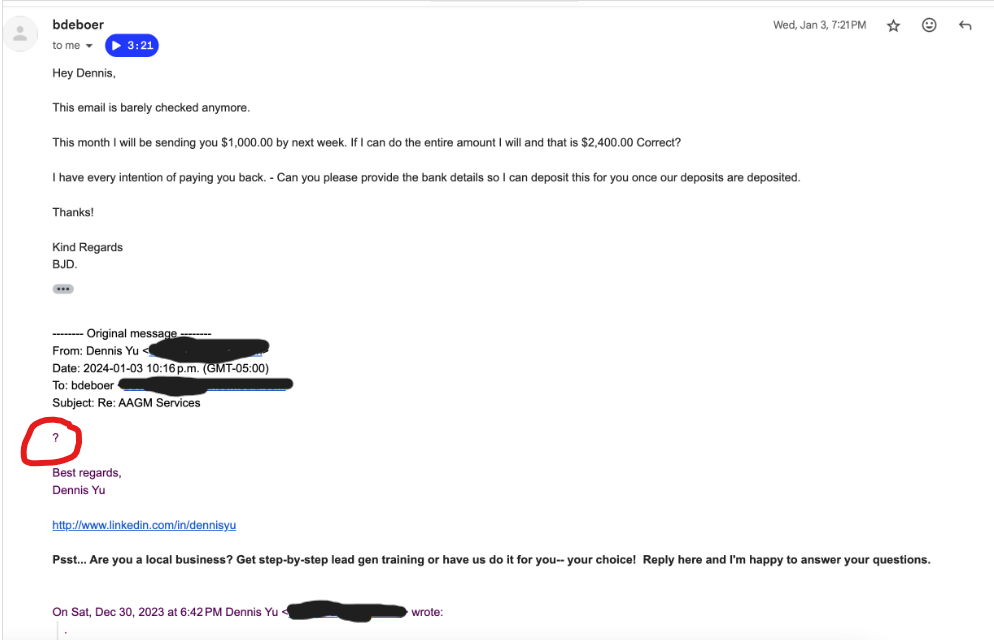
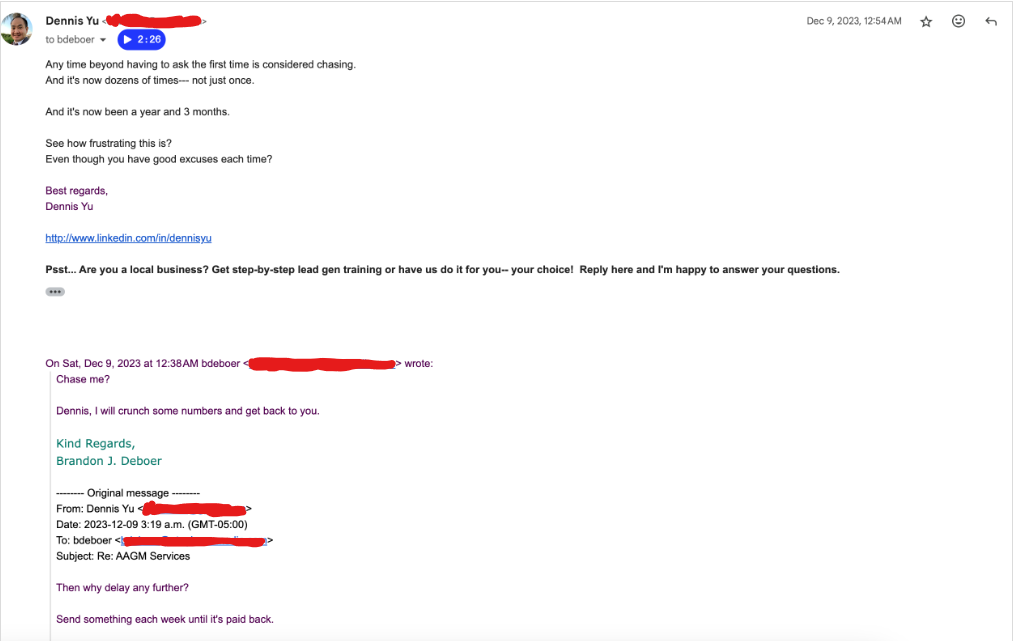
By Dennis’s estimate, he made 97 separate attempts to engage Brandon DeBoer over the following months.
I stepped in
In March 2023, Dennis brought me into the loop. As someone who works in personal branding and PR, I’ve had my own run-ins with the darker side of the industry. I know what goes into building Knowledge Panels, and I figured I could help Dennis achieve what he initially hired Brandon for.
For those unfamiliar: a Google Knowledge Panel is a summary box that appears in search results when Google recognizes a notable person or entity. These panels are auto-generated, based on reliable public data.
Brandon DeBoer claimed he had a Google “rep” who could help. This is misleading at best and at worst, fraudulent.
On March 25, I tweeted about the situation.
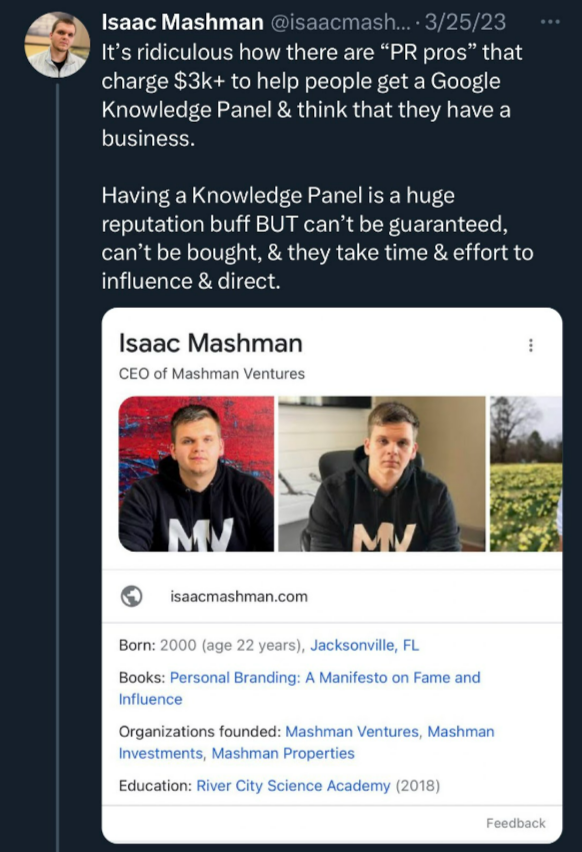
Brandon replied, promising to email Dennis. He did but then ghosted him again.
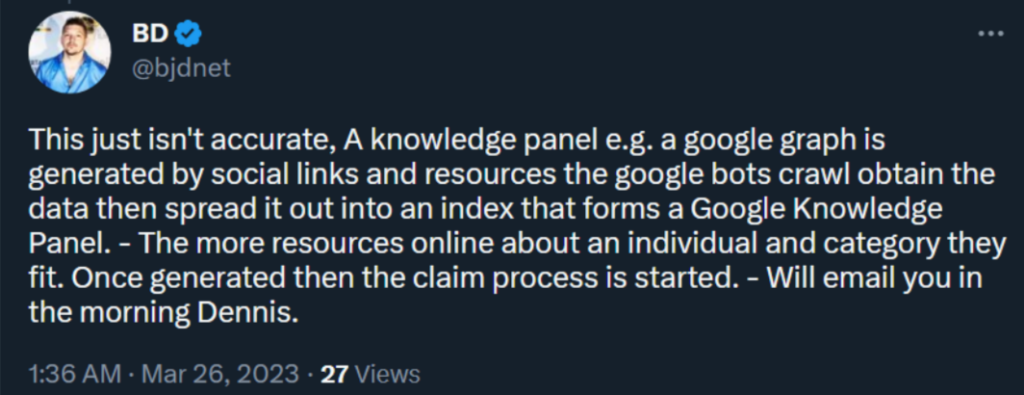



Ghosted, blocked, and avoiding accountability
By April, Brandon DeBoer blocked both Dennis and me on Instagram. I never contacted him directly, yet I was blocked across four separate accounts. Dennis was also blocked shortly after his follow-ups.
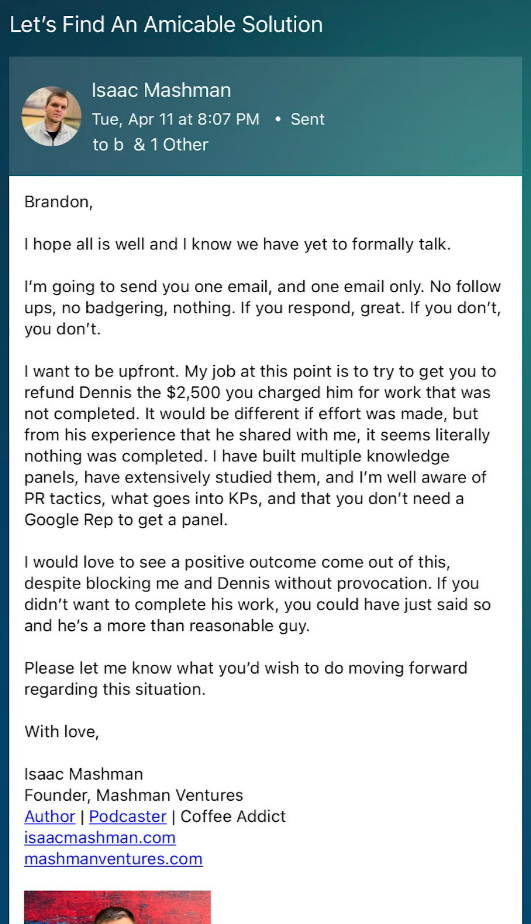
This behavior was a red flag, not just unprofessional, but entirely dismissive.
Dennis’s Wikipedia page was never started. His Knowledge Panel began showing up only after I stepped in to help directly, without Brandon’s involvement.
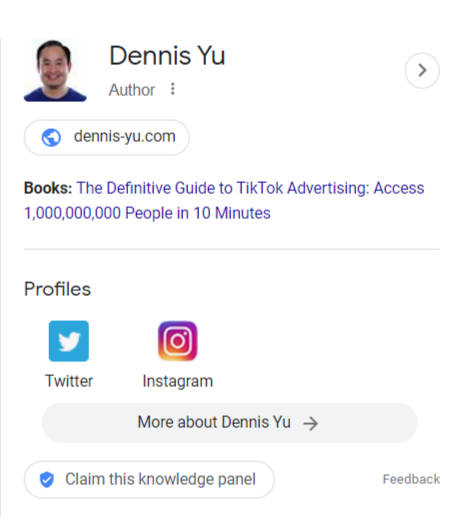
Latest updates

More stories surface
Brandon DeBoer’s behavior wasn’t unique to Dennis. Others have stepped forward with nearly identical stories.
Andy Austin (2024)
Andy reached out and later shared a YouTube video titled “How I Got Scammed and Won a PayPal Dispute (It’s Not What You Think).”
He initially contacted Brandon about a hacked account.
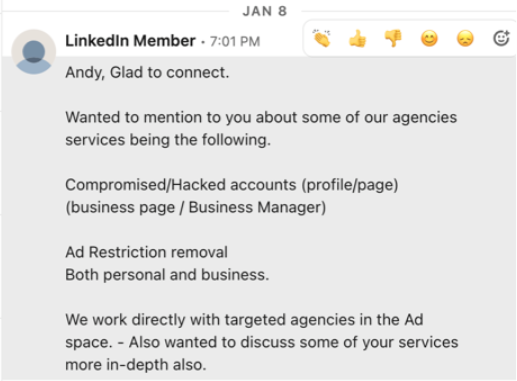
Brandon DeBoer promised help and sent a contract, requesting payment via PayPal.
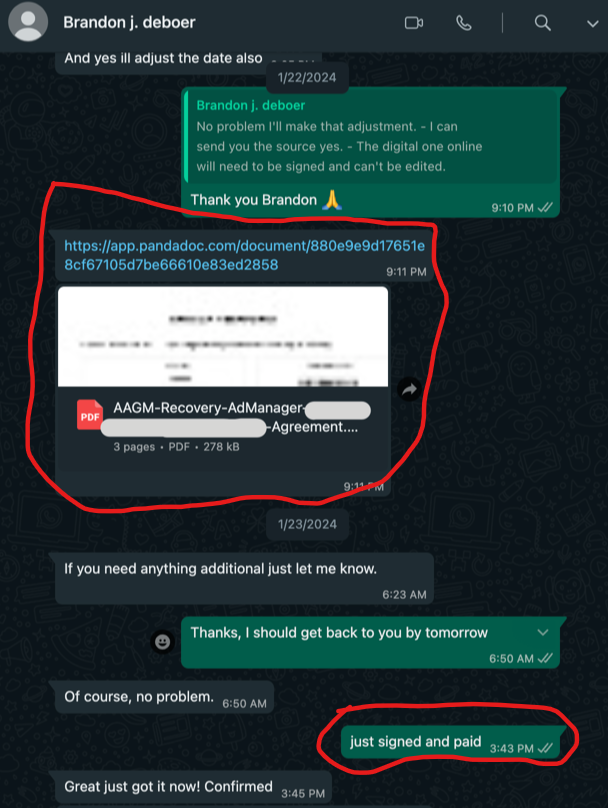
But once paid, Brandon delayed and ultimately failed to deliver.
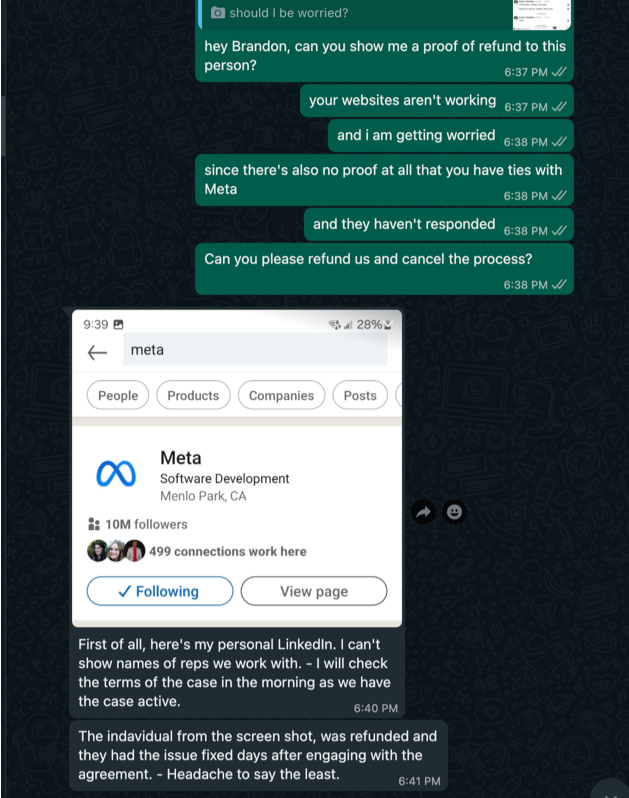
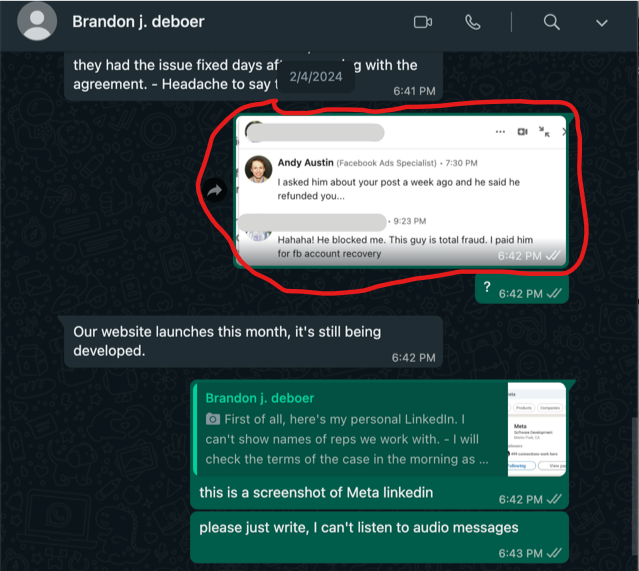
When Andy asked about negative reviews on LinkedIn, Brandon DeBoer claimed he had already refunded those individuals. This turned out to be untrue.
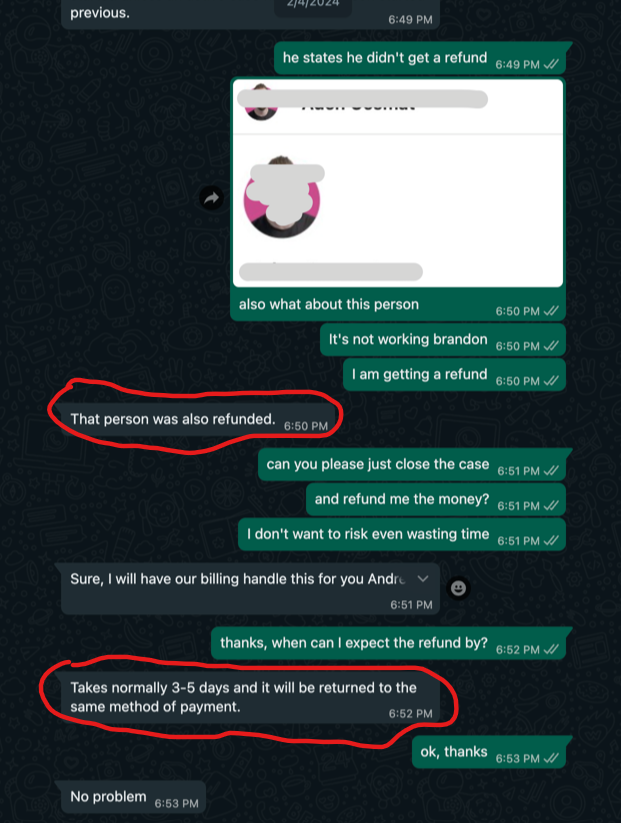
Andy filed a PayPal complaint.
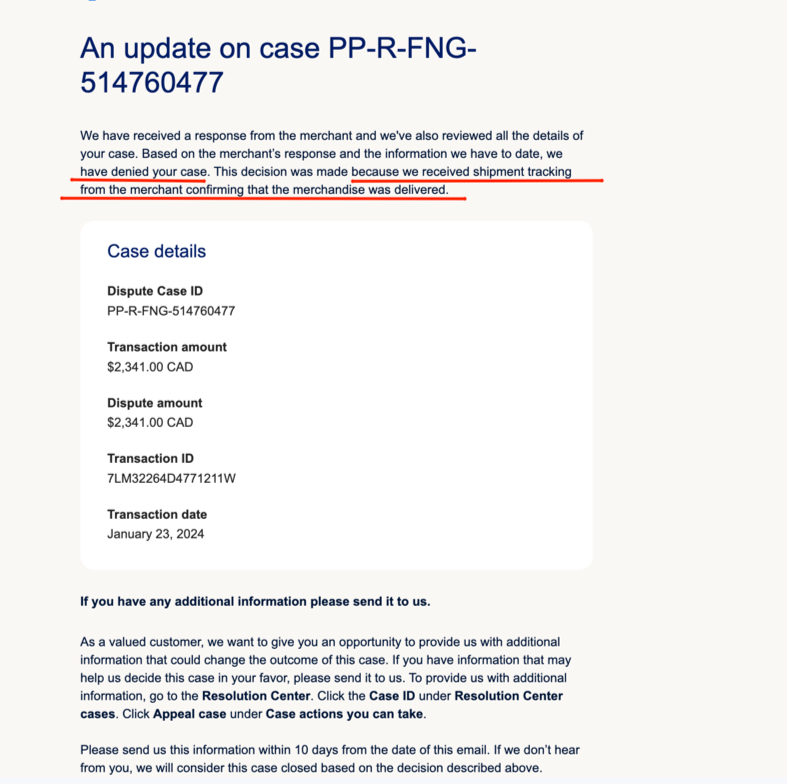
It was denied until he tagged PayPal execs on Twitter. Hours later, his refund was issued.

“Brandon said he refunded someone, but that person told me they’d been blocked.”
Deceptive sales tactics in the influencer space
The influencer, PR, AI, and social media agency space is rife with eager young males hoping to generate instant wealth. Aggressive and ambitious, they say anything to close a deal, then broadcast the sale on social media. Delivery, if it happens at all, is an afterthought.
This behavior is not limited to Brandon DeBoer. It reflects a broader trend in the “Money Twitter” and online marketing world, where overpromising and underdelivering is celebrated.
Red flags to watch for
Be cautious of any service provider who:
- Claims to have a “Google rep” or insider access.
- Refuses to provide case studies or video testimonials.
- Avoids contracts or delays deliverables.
Per Google’s own guidelines, Knowledge Panels are auto-generated. No one can guarantee one.
Legal threats that go nowhere
Since this article was first published, Brandon has threatened legal action multiple times via email and other channels.
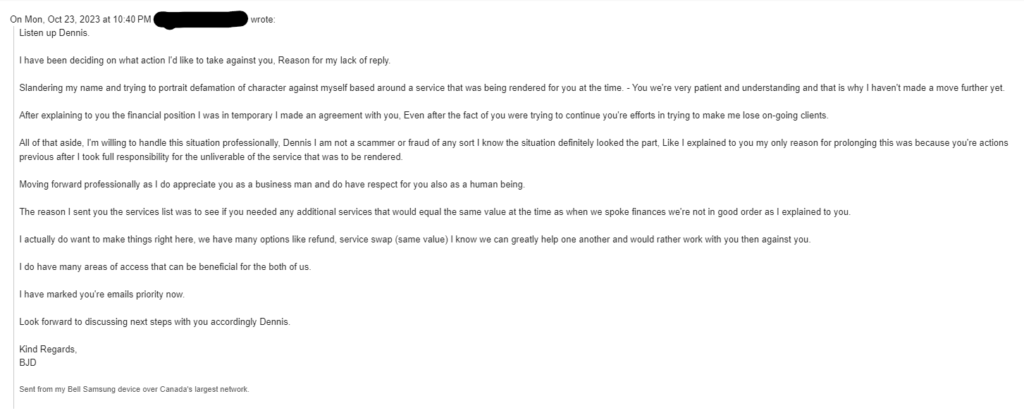
In April 2025, we received a takedown email claiming this article was defamatory. It was sent from a suspicious domain (manaus.am.gov.br), and used mismatched names and addresses.
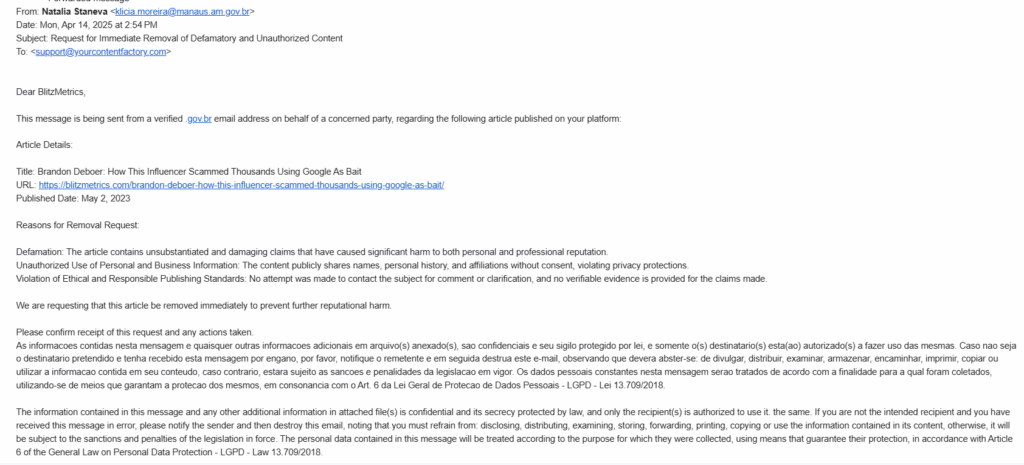
However, these threats are baseless. There is nothing he can legitimately sue for, because:
- Everything in this article is factually accurate.
- All claims are backed by documentation: emails, contracts, payments, and communications.
- Some of these facts were even confirmed by Brandon himself.
Others have pursued Brandon DeBoer through payment processors and legal channels and many have won.
Disclaimer
This article reflects my personal experience and the documented experiences of others who have come forward. The content is intended to inform and protect others from similar situations. All claims are backed by verifiable evidence.
